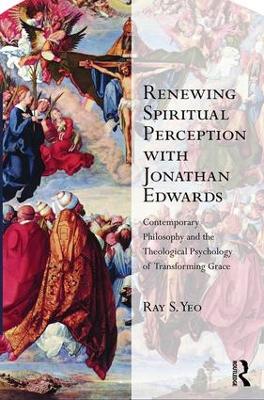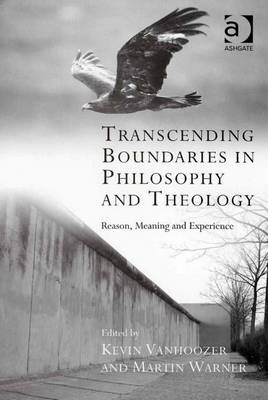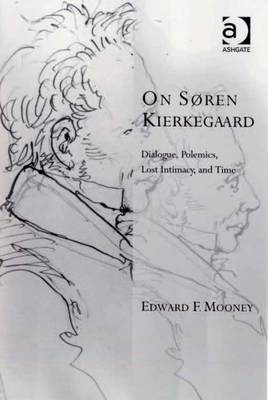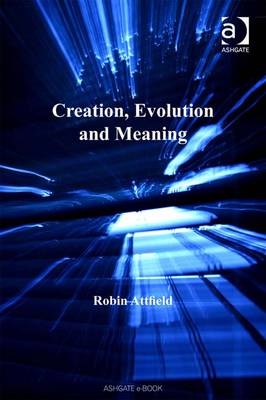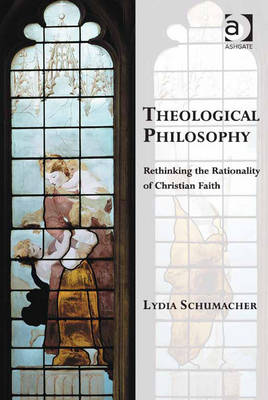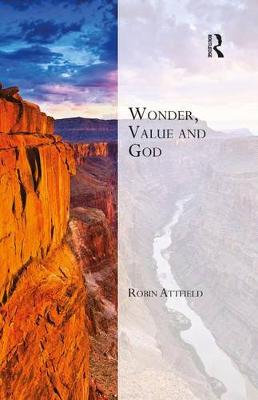Transcending Boundaries in Philosophy and Theology
7 total works
Jonathan Edwards’ theologically sophisticated psychology of grace remains one of the deepest and most fertile theological psychologies in the Protestant tradition. The heart of his account lies in his foundational doctrine of spiritual perception where he locates the psychological core of the engraced Christian life. This work revisits Edwards’ doctrine from the perspective of recent work in the philosophy of emotions and other related philosophical sub-disciplines. The aim is to recover this often neglected theme in contemporary theology and renew it by bringing Edwards’ theological insights into conversation with various spheres of contemporary philosophical discussion. The account of spiritual perception that emerges from this interdisciplinary dialogue is one that seeks to revise, update and deepen Edwards’ own thinking on the matter in five major ways. The book concludes by arguing that the capacity for spiritual and emotional perception of the supreme good is grounded upon a wisdom-like seminal virtue centred upon the incarnate Christ (i.e., Christocentric wisdom). Such wisdom, on the renewed account, is considered the psychological core of transforming grace and the foundational basis upon which all other Christian virtues are formed.
Focusing on the history of ideas, this book explores important questions concerning knowledge in relation to philosophy, science, ethics and Christian faith. Kirk contributes to the current debate about the intellectual basis and integrity of Western culture, exploring controversial issues concerning the notions of modernity and post-modernity. Repositioning the Christian faith as a valid dialogue partner with contemporary secular movements in philosophy and ethics, Kirk seeks to show that in 'post-Christian' Europe the Christian faith still possesses intellectual resources worthy to be reckoned with.
This book's principal argument is that contemporary Western society faces a cultural crisis. It explores what appears to be an historical enigma, namely the question of why Western intellectual endeavours in philosophy and science seem to have abandoned the search for a source of knowledge able to draw together disparate pieces of information provided by different disciplines. Kirk draws conclusions, particularly in the area of ethical decision-making, from this apparent failure and invites readers to consider Christian theism afresh as a means for the renewal of culture and society.
Transcending Boundaries in Philosophy and Theology
Presenting new opportunities in the dialogue between philosophy and theology, this interdisciplinary text addresses the contemporary reshaping of intellectual boundaries. Exploring human experience in a `post-Christian' era, the distinguished contributors bring to bear what have been traditionally seen as theological resources while drawing on contemporary developments in philosophy, both `continental' and `analytic'.
Set in the context of two complementary narratives - one philosophical concerning secularity, the other theological about the question of God - the authors point to ways of reconfiguring both traditional reason / faith oppositions and those between interpretation / text and language / experience.
Contributors: David Brown, Philip Clayton, Chris Firestone, Grace Jantzen, Nicholas Lash, George Pattison, Dan Stiver, Charles Taylor, Kevin Vanhoozer, Graham Ward, Martin Warner.
Tracing a path through Kierkegaard's writings, this book brings the reader into close contact with the texts and purposes of this remarkable 19th-century Danish writer and thinker. Kierkegaard writes in a number of voices and registers: as a sharp observer and critic of Danish culture, or as a moral psychologist, and as a writer concerned to evoke the religious way of life of Socrates, Abraham, or a Christian exemplar.
In developing these themes, Mooney sketches Kierkegaard's Socratic vocation, gives a close reading of several central texts, and traces "The Ethical Sublime" as a recurrent theme. He unfolds an affirmative relationship between philosophy and theology and the potentialities for a religiousness that defies dogmatic creeds, secular chauvinisms, and restrictive philosophies.
This book presents the case for belief in both creation and evolution at the same time as rejecting creationism. Issues of meaning supply the context of inquiry; the book defends the meaningfulness of language about God, and also relates belief in both creation and evolution to the meaning of life. Meaning, it claims, can be found in consciously adopting the role of steward of the planetary biosphere, and thus of the fruits of creation.
Distinctive features include a sustained case for a realist understanding of language about God; a contemporary defence of some of the arguments for belief in God and in creation; a sifting of different versions of Darwinism and their implications for religious belief; a Darwinian account of the relation of predation and other apparent evils to creation; a new presentation of the argument, from the world's value to the purposiveness of evolution; and discussions of whether or not meaning itself evolves, and of religious and secular bases for belief in stewardship.
For much of the modern period, theologians and philosophers of religion have struggled with the problem of proving that it is rational to believe in God. Drawing on the thought of Thomas Aquinas, Theological Philosophy seeks to overturn the longstanding problem of proving faith's rationality and to establish instead that rationality requires to be explained by appeals to faith. Building on a constructive argument developed in a companion book, Rationality as Virtue, Lydia Schumacher advances the conclusion that belief in the God of Christian faith provides an exceptionally robust rationale for rationality and is as such intrinsically rational. At the same time, Schumacher overcomes a common tendency to separate spiritual from ordinary life, and construes the latter as the locus of proof for the rationality of Christian faith.
